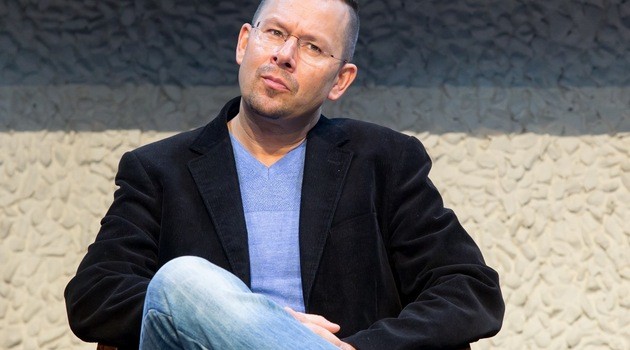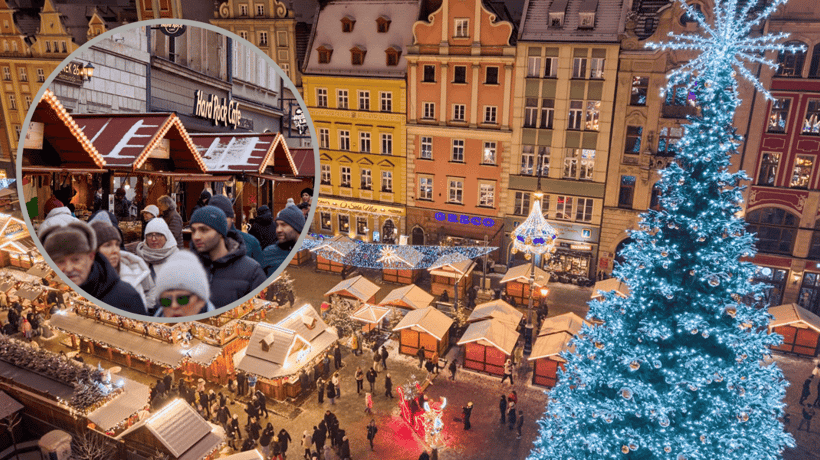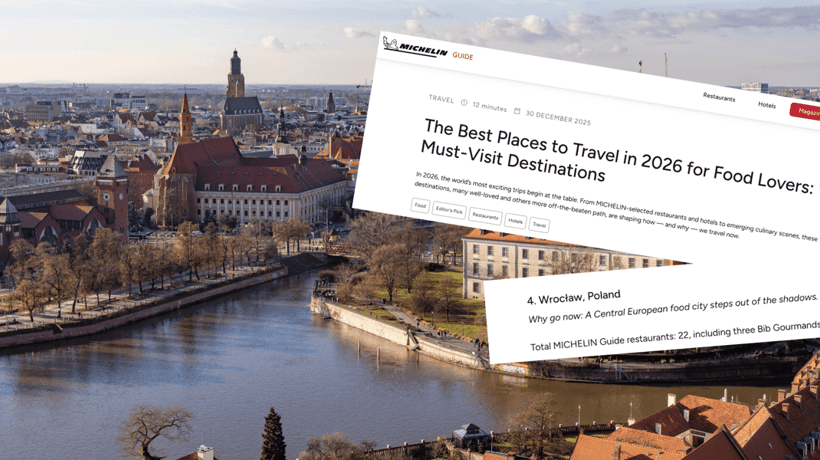You can follow Marko Martin's observations in his blog. Each entry is first published in German, and will be translated into Polish within the next two days.
The "Stadtschreiber ohne Grenzen" Scholarship has been carried out for seven years now by the Kulturforum, the German Culture Forum for Central and Eastern Europe. The scholarship is intended to disseminate knowledge on the shared cultural heritage of Germany and the neighbouring countries in Central an Eastern Europe in which German communities lived or continue to live. It also promotes the idea of mutual understanding and intercultural dialogue. The scholarship programme travels to a different city every year. To date, the writers have resided in the cities such as Gdańsk (2009), Pécs (2010) Tallinn (2011), Maribor (2012), Košice(2013), Riga (2014) and Pilsen (2015). Subsidised by the Plenipotentiary of the German Government for Culture and the Media, the scholarship programme is carried out by the German Culture Forum for Central and Eastern Europe in collaboration with the City of Wroclaw and the Impart 2016 Festival Office..
The writer and journalist on Wroclaw
Marko Martin (1970) was born in the former DDR. He left the country in 1989 to study languages, political science and history in Berlin. He resided in Morocco and Berlin for many years. A writer and journalist, he used to work as a correspondent to the "Kommune" magazine. His interests include migration, totalitarian regimes and human rights in the age of progressing globalisation. Marko Martin has authored a number of essays and reports from Israel, Latin America and South-Eastern Asia. He reported the bloody suppression of peaceful protests of monks in Burma. He has collaborated with a number of journals and magazines, including “Die Welt”, “Neuen Zurcher Zeitung”, “Judischen Allemeinen” and “Internationale Politik”.
"The only word in Polish I know is "yes"," says Marko Martin. "But I'm planning to improve my Polish. I am extremely happy that I'm here to immerse in the life of the city," he adds. "A lot of young people speak English, their parents or grandparents speak German or French, so I will be able to communicate with the local residents."
He admits that he has no plan as to how to run the blog. He is going to follow Gombrowicz's suggestion from "Pornography": "Plans? I have no plans. I follow what seduces me". "I will be watching the city as a passer-by. I look forward to speaking to the locals. The first thing I have noticed are dwarves and the story behind them," he says. I am also interested in the German-Jewish history of the city and the multicultural community it once had."
His novel “Der Prinz von Berlin” (2009) portrays the capital of Germany as seen through the eyes of a young Lebanese immigrant. TO date, he has also published “Die Nacht von San Salvador”, Ein Fahrtenbuch", "Treffpunkt '89. Von der Gegenwart einer Epochenzäsur", "Kosmos Tel Aviv. Streifzüge durch die israelische Literatur und Lebenswelt". His books are yet to be translated into Polish. As of mid-April, feel free to contact the author via his blog. The blog will also be translated into Polish.
"Each resident of Wroclaw can write to or invite the city writer to show him around the city," says Stanisław Abramik, who is responsible for artists-in-residence throughout Wroclaw's tenure at the European Capital of Culture. "All you need to do is contact us via the following web page http://www.wroclaw2016.pl/rezydencje."
"We do hope that despite the information buzz the writer will be able to capture those things that we fail to notice about Wroclaw," says ECC 2016 Director Krzysztof Maj. "His blog also serves as an ECC chronicle, as it were, and is written by someone who neither organises the event nor is the resident of Wroclaw."
The writer at the Town Hall
The idea behind a city writer is based on an old German tradition of Stadtschreiber. Wroclaw, too, had its city writer, his statue featured at the Town Hall's façade.
"The Stadtschreiber ran the city's chronicle. He would report the events happening in the city," said Maciej Łagiewski, PhD, Head of the Wroclaw City Museum. "One of the most eminent of these city writers was Bartłomiej Stein, who lived at the turn of the 15th and 16th centuries and was Heas of the Cathedral School in Wroclaw. He is best known as the author of Wroclaw's description in his "Descriptio Totius Silesiae et Civitatis Regiae Vratislaviensis" (The Description of the Entire Lower Silesia and the Royal City of Wroclaw). Other city writers, such as Karl Adolf Menzel or Herman Markgraf, also went down in history as eminent chroniclers.
Apart from running chronicles, city writers would also work at the City Council. Their task was to run municipal books. The writers were well versed in law; they also knew Latin and German, ran municipal books, draw documents, and even participated in diplomatic missions. The writer had to meet a number of specific requirements. He should "shun away from envy and neighbourly conflict, be impervious to flattery, unwilling to drink, impartial, incorruptible, and able to keep the secrets of his office." He was obliged to swear the following the oath: "[...] I swear to God Almighty, Honourable Councillors and all city residents to serve them as city Writer, which I am appointed, to be faithful and keep the secrets of the Municipal Council that I am entrusted with. I shall report the court proceedings to the best of my reason and ability and in a manner that is understandable both to the rich and the poor. I shall not omit any detail such as love, fear, hatred, anger, friendship, gifts, etc. So God help me Lord".
Should the writer break the law, he would face severe charges, and if he "did injustice in writing, he shall lose the hand with which he committed it. Should he forge municipal books, he is condemned to infamy and perjury, and shall be punished with fire".
"I think that a contemporary German writer's perspective on Wroclaw might be an intriguing one," says Maciej Łagiewski, PhD. "His blog is going to continue the long-lasting tradition of Wroclaw chronicles.





